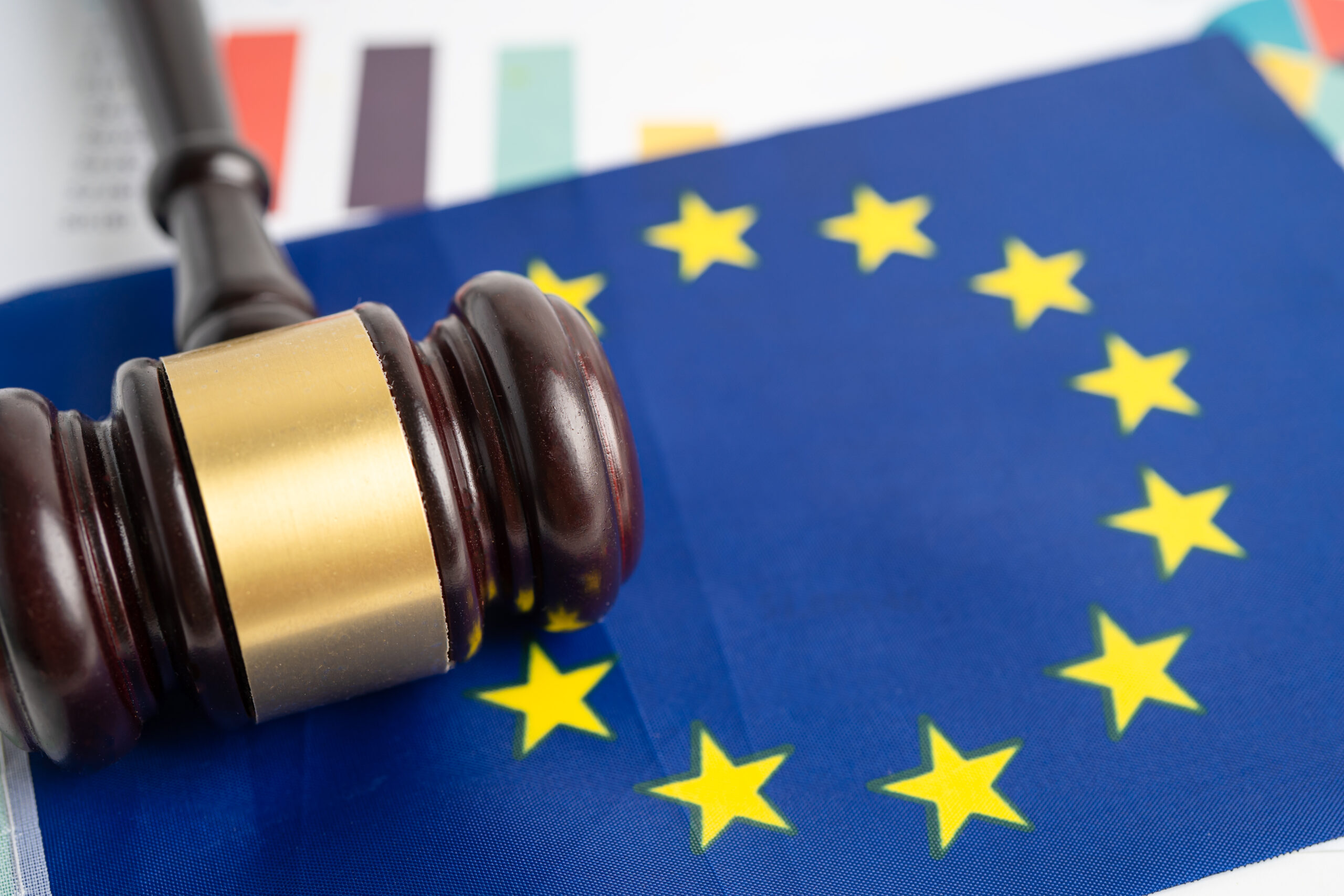
German exec: Brussels is pushing modern-day colonialism
European companies are facing increasing challenges in the world of regulations as the shadow of Brussels bureaucracy looms over the business environment. New sustainability regulations and extensive data collection requirements are making the day-to-day running of companies more difficult, imposing significant administrative strain and costs on businesses active in a global market.
Thomas Fischer, chairman of the supervisory board of Mann+Hummel, a family-owned German business, highlighted how the complexity of European regulations makes life difficult for companies.
„More than a thousand data items need to be collected to meet European sustainability reporting obligations,”
Fischer said. These requirements are just the tip of the iceberg, businesses have to cope with a flood of regulations coming from the EU, the German Die Welt writes. The sustainability reports examine all aspects of the operations of not only local but also global partners. European companies now also have to answer questions about their business partners’s attitudes to environmental protection, social justice and, for example, the gender pay gap among their employees. This is a huge administrative burden, especially when partners operate in remote regions such as India, Brazil or Nigeria.
While regulations usually aim to reach noble goals, there are often concerns about their effectiveness and enforceability.
„The EU takes the high horse to teach the world,”
Fischer noted, adding that such interventions in developing countries could be seen as modern-day colonialism. Moreover, some business partners say it is easier to do business with China than to navigate the maze of Brussels regulations.
European Commission President Ursula von der Leyen has recently faced fierce criticism from the economic sector and has responded by pledging to cut red tape. In the next term, Latvia’s Valdis Dombrovskis will be responsible for coordinating the streamlining of continental regulations. However, many CEOs, including Karin Exner-Wohrer, head of the SAG Group, believe that the Commission needs not only to simplify the rules, but also to change its fundamental approach. Exner-Wohrer believes that Brussels should have more trust in European companies and allow them more freedom to make business policy decisions, while encouraging them to adopt responsible measures on their own in protection of the climate.
Companies rightfully ask whether they are capable of accelerating reforms. There has been talk of cutting red tape in Brussels before, but tangible results have rarely been forthcoming.
Just take the fact that between 2019 and 2024, the EU has passed more than 69 major pieces of environmental legislation – almost more every month – regulating every detail of the business environment, from methane emissions to packaging standards. Increasing regulatory burdens and the resulting administrative obligations are forcing many companies to rethink their presence in Europe.
Faced with new, often excessively detailed regulations, some companies are already considering leaving the market or redeploying their resources to other, less regulated regions. According to Rainer Kirchdorfer, board member of the Familienunternehmen und Politik Foundation for family businesses, excessive regulation is discouraging investment here and increasingly more companies are looking for opportunities to create economic growth elsewhere.
The question of the upcoming period is to what extent will Ursula von der Leyen be able to deliver on her promises to cut red tape. The appointment of Valdis Dombrovskis to head up deregulation is certainly an important step in itself, but many business leaders are still sceptical. Fischer says the big question is whether Dombrovskis will actually be able to bring about substantive changes in any area, or whether he will just be bogged down with newer layers of existing legislation.
Meanwhile, business leaders continue to stress that the commitment to environmental protection must not end to boost economic competitiveness. Companies are open to supporting sustainability goals, but they also ask that the costs and administrative burden of doing so not stifle innovation and market dynamism. The period ahead will be challenging for both EU policymakers and European companies in terms of finding a harmonious balance between regulation and competitiveness to ensure a sustainable and prosperous future.
Tags:

